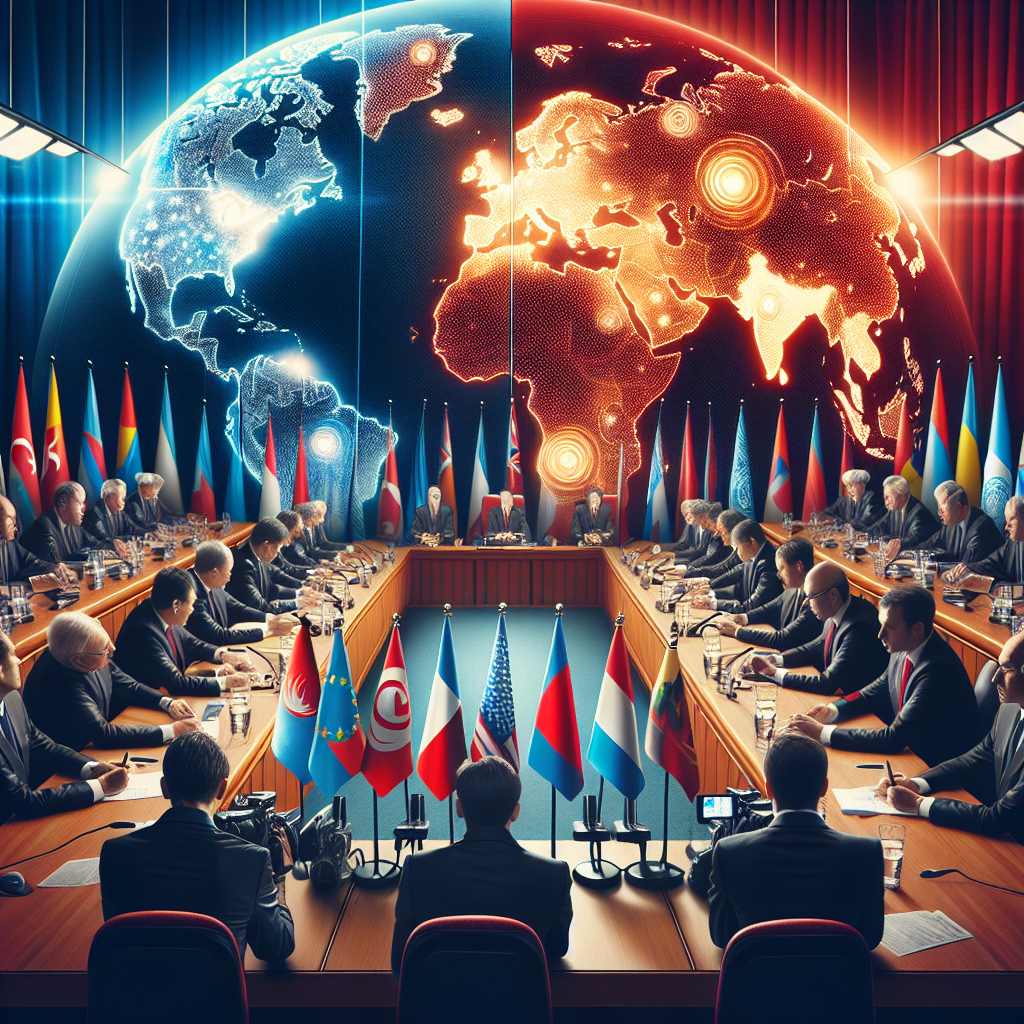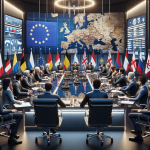Listen to this post: Ukraine Rejects Putin’s ‘Governance’ Plan – Kyiv Responds
Summary
In a recent escalation of diplomatic tensions, Ukraine has categorically rejected Russian President Vladimir Putin’s proposal concerning the future “governance” of Ukraine. The plan, subtly outlined by Putin in recent comments, implies a return to Russian influence over Ukrainian political structures, something Kyiv has condemned as an unacceptable form of external control. Ukrainian officials quickly responded by reaffirming the nation’s sovereignty and independence, declaring that decisions about Ukraine’s future will be made solely by its people—not imposed by a foreign power.
Putin’s remarks appear to push the idea of ushering Ukraine into a geopolitical sphere under indirect Russian authority, using language that alludes to “external governance” to replace what he views as Western dominance over Kyiv. However, Ukrainian representatives interpreted this as thinly disguised neo-imperialism.
The international community has taken notice, with European allies and NATO members reiterating their support for Ukraine’s autonomy. This development is only the latest in a string of rhetorical and military maneuverings on both sides, particularly amid the backdrop of the ongoing conflict in Eastern Ukraine and Crimea’s annexation.
Ukrainian President Volodymyr Zelenskyy’s office denounced Putin’s framing as “colonialist nostalgia,” emphasizing that Ukraine is a modern European democracy, not a pawn on a Cold War-style chessboard. Kyiv has also pushed for strengthened ties with the EU and NATO as a safeguard against further Russian encroachments.
The situation continues to underline the enduring fractures between Moscow and Kyiv, revealing that despite brief moments of détente, both countries are in deep ideological and territorial conflict that’s unlikely to resolve soon without significant international mediation.














